Food processing equipment, food machinery
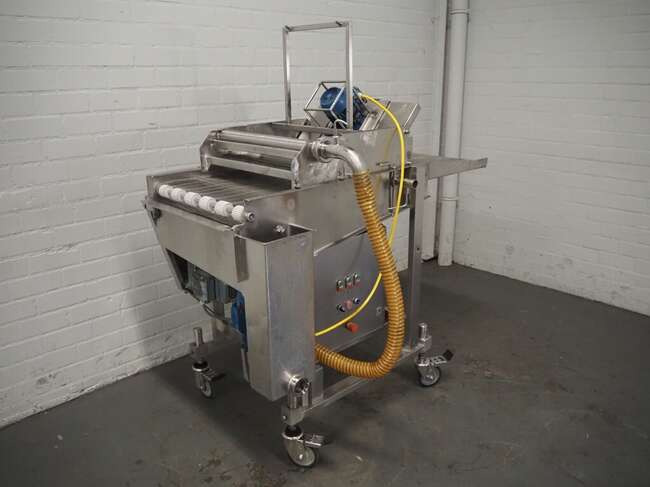




Koppens WetCoater ER600



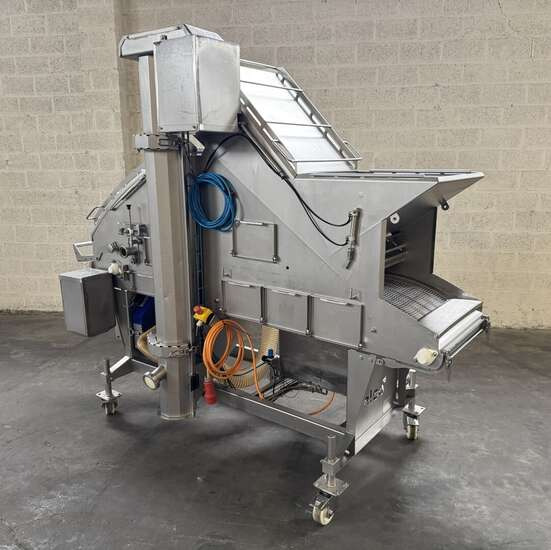
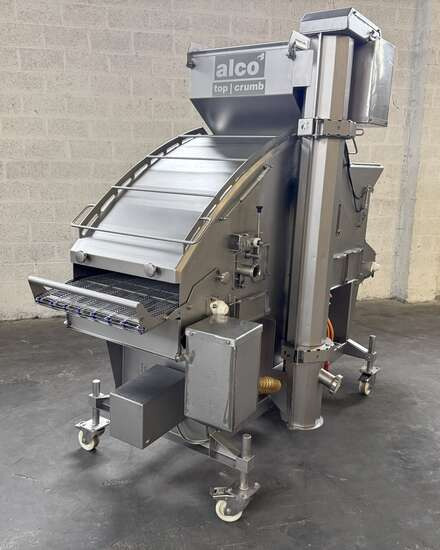
Alco breading machine APT600UC

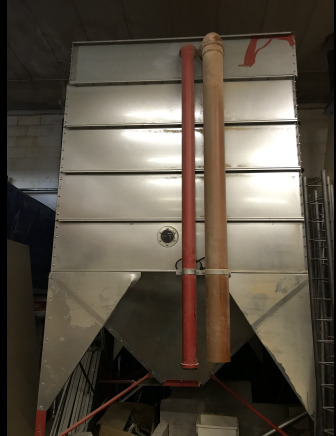

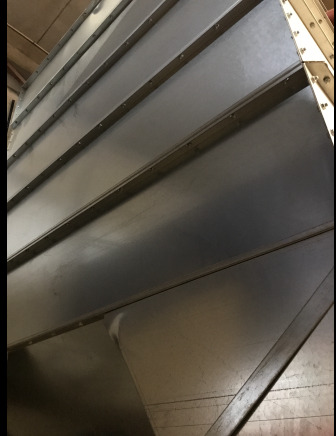

Silo d'intérieur


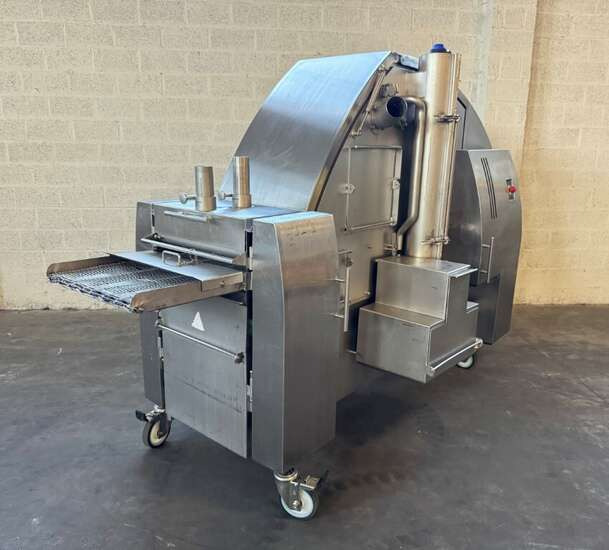
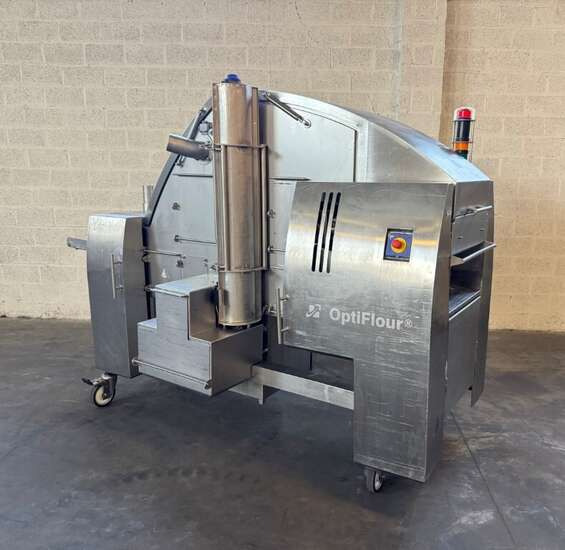

CFS OptiFlour preduster OPF600


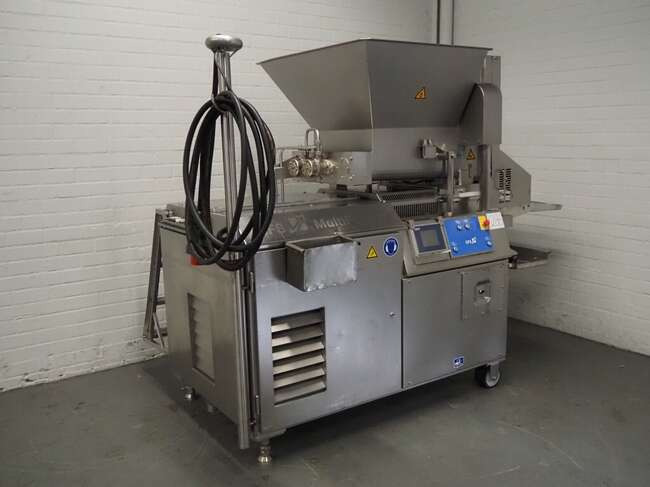


CFS MultiFormer MLF600
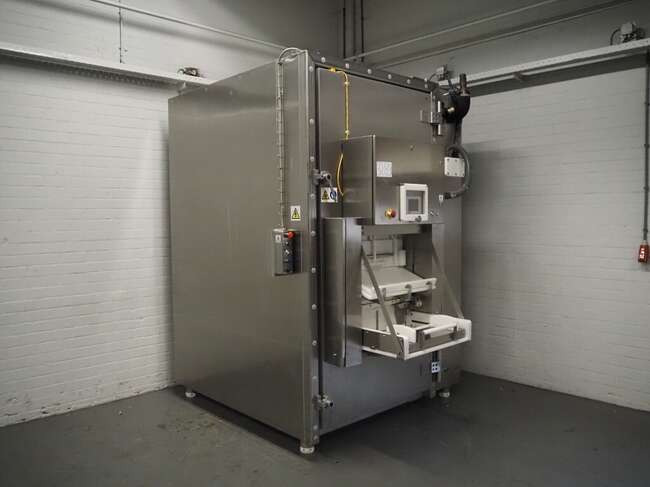


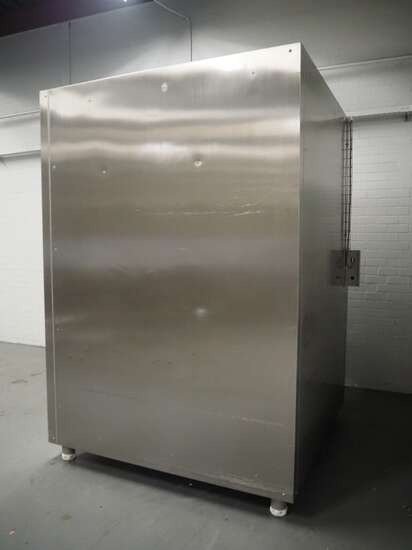

TVI crust freezer CBF1000





Lakidis flaker FR100


Sottoriva Europa marconi M4210


Cimav forni TSR150P

Wachtel Mini Piccolo 4





Chauffe tasse lavazza pro blue lb cup
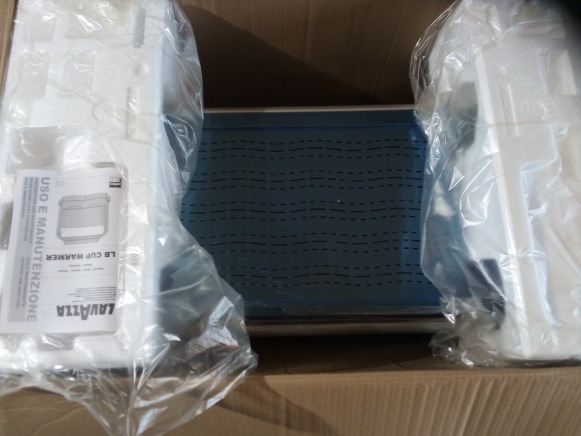




Chauffe tasse à café lavazza blue lb cup
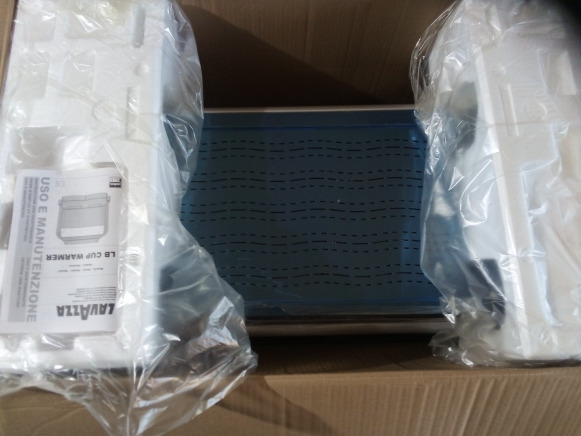
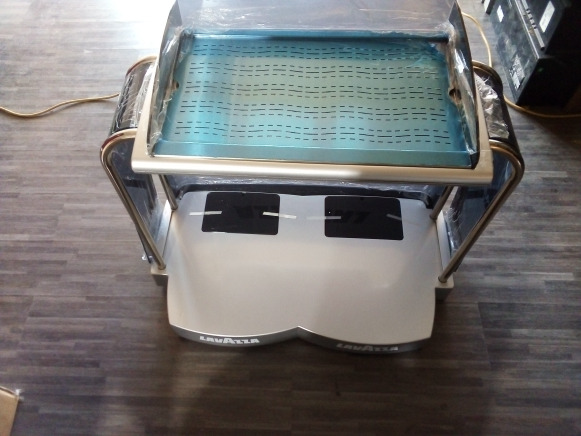



Chauffe tasse à café Lavazza blue lb cup


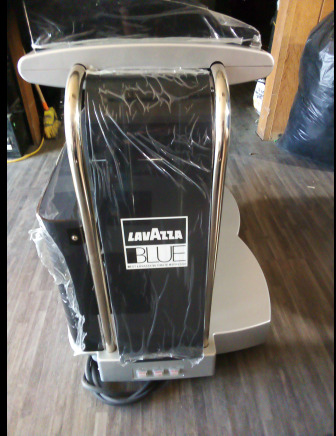
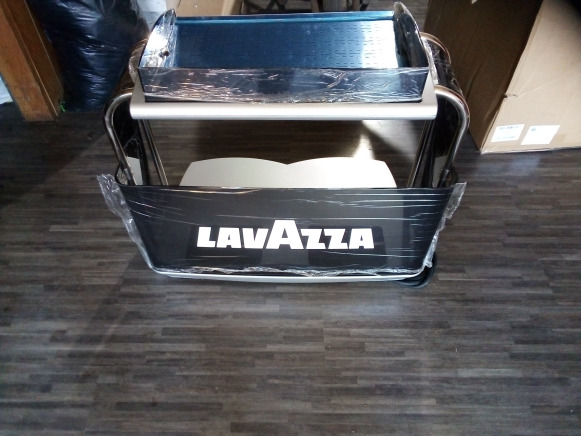

Chauffe tasse café lavazza blue lb cup


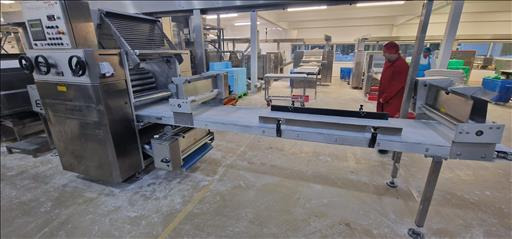

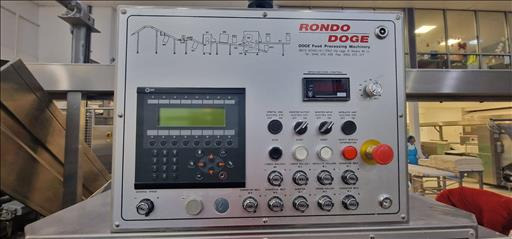
Rondo Laminazione pastry sheeting line





Syspal Stainless boot wash station





Atlas Copco ZT30 Air compressor


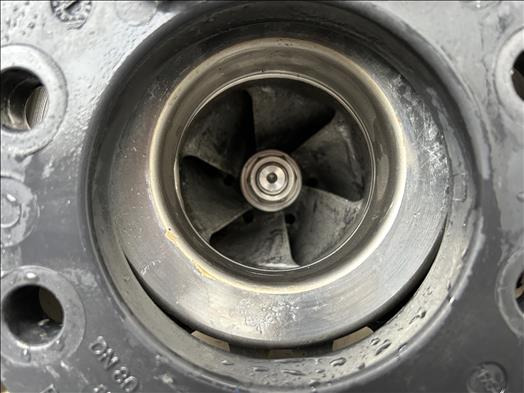

KSB Etachrom-BC65-200 Centrifugal pump



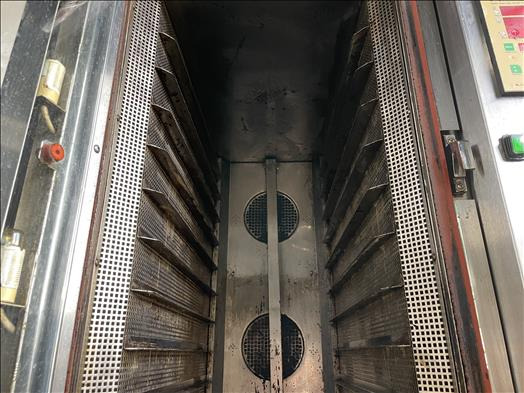

Moretti Forni F80E convection oven
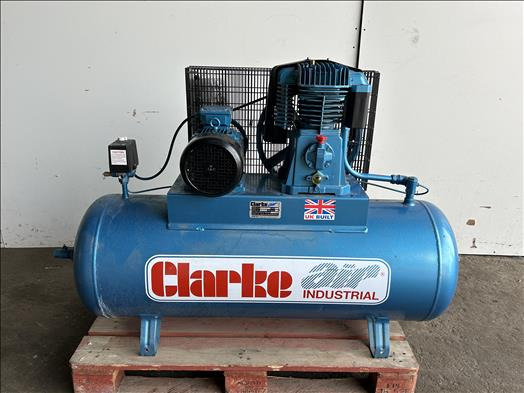


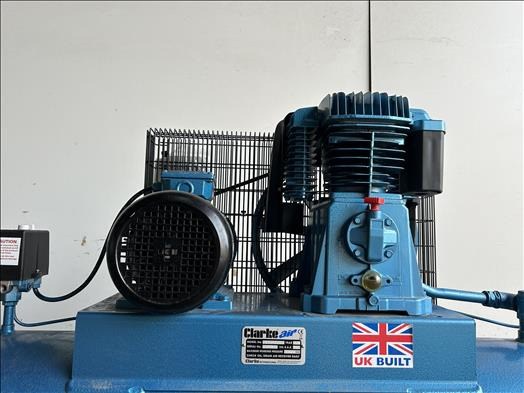

Clarke SE25C200 Air compressor
Food Processing Equipment for Sale
Food processing equipment is vital machinery used in the food industry to handle, prepare, cook, store, and package food products. These machines play a critical role in maintaining the efficiency of food processing operations, ensuring food safety, and boosting productivity. The use of both new and used food processing equipment spans various sectors, including baking, meat processing, dairy, and beverage industries.
Types of Food Processing Equipment
There are several types of food processing equipment, each designed for specific tasks in food production:
- Mixers: Used for combining ingredients in various food products.
- Grinders Essential for breaking down meat or other ingredients into smaller particles.
- Slicers: Used for cutting food products into uniform slices, such as meats or vegetables.
- Dicers: Machines used to cut food products into small, uniform cubes.
- Bakery equipment: Includes ovens and boilers, used for baking and cooking food products.
- Pasteurizers: Specialized equipment used in dairy operations to heat and cool liquids, ensuring food safety.
- Separators: Used to separate liquids from solids, commonly used in dairy processing.
Key Technical Specifications
When selecting food processing equipment, consider these key technical specifications: capacity, power requirement, dimensions, weight, and materials used in construction. Also, note the equipment's efficiency, speed, and ease of use. The machinery's adaptability to future upgrades and expansions is also a crucial factor.
Popular Brands and Models
Some popular brands in the food machinery industry include:
- Bosch: Known for its innovative and efficient food processing machines used across various sectors.
- Baker Perkins: Excels in providing specialized equipment for the bakery industry, offering high-performance machines for baking processes.
- Marel: Renowned for its reliable and high-quality meat processing equipment, including machines for cutting, grinding, and packaging meat products.
Prices and Availability
Prices for food processing equipment vary significantly, depending on whether you're buying new or used machines. New equipment offers the latest technology, while used machines can provide excellent value for your investment. Prices also depend on the brand, model, and regional availability.
For example, a new Bosch mixer might cost between €20,000 and €50,000, while a used Marel meat processing machine could range from €10,000 to €30,000, depending on its condition and specifications.
Buy Food Processing Equipment on Truck1
At Truck1, we offer a wide selection of both new and second-hand food machinery. Our platform is user-friendly, secure, and provides detailed information about each piece of equipment. Whether you're looking to upgrade your industrial food processing equipment or invest in commercial food processing machinery, Truck1 is your go-to platform. If you can't find the exact model you're looking for, feel free to I'm looking for, and our team will assist you in finding it.
FAQ
The best type of food processing equipment for your production depends on your specific needs, the type of food products you process, and your production capacity.
Additional costs may include installation, maintenance, repair, energy consumption, and potential operator training.
Equipment such as metal detectors, X-ray machines, and checkweighers are essential to ensure food safety and quality. Also, temperature control and sanitization equipment play a crucial role.
Prices for Food processing equipment
| Domasz vegetable polisher PD8200 | 10 297 EUR | |
| Rinieri VISION 2 | 13 000 EUR | |
| Maciuś Brush washer MS-1200 | 7 153 EUR | |
| Domasz cleaning brush CS-55 | 3 307 EUR | |
| Osuszacz ziębniczy INGERSOLL RAND 13m3 | 1 879 EUR | |
| Kotło-Pol vegetables cleaner | 3 313 EUR | |
| Domasz vegetable washer MDW-400 | 19 350 EUR | |
| Vegetable washer Domasz MS 2000 galvanized | 8 913 EUR | |
| Kotło-Pol vegetable washer with sorter | 3 635 EUR | |
| Maciuś Vegetables washer M-700-2 | 9 382 EUR |
